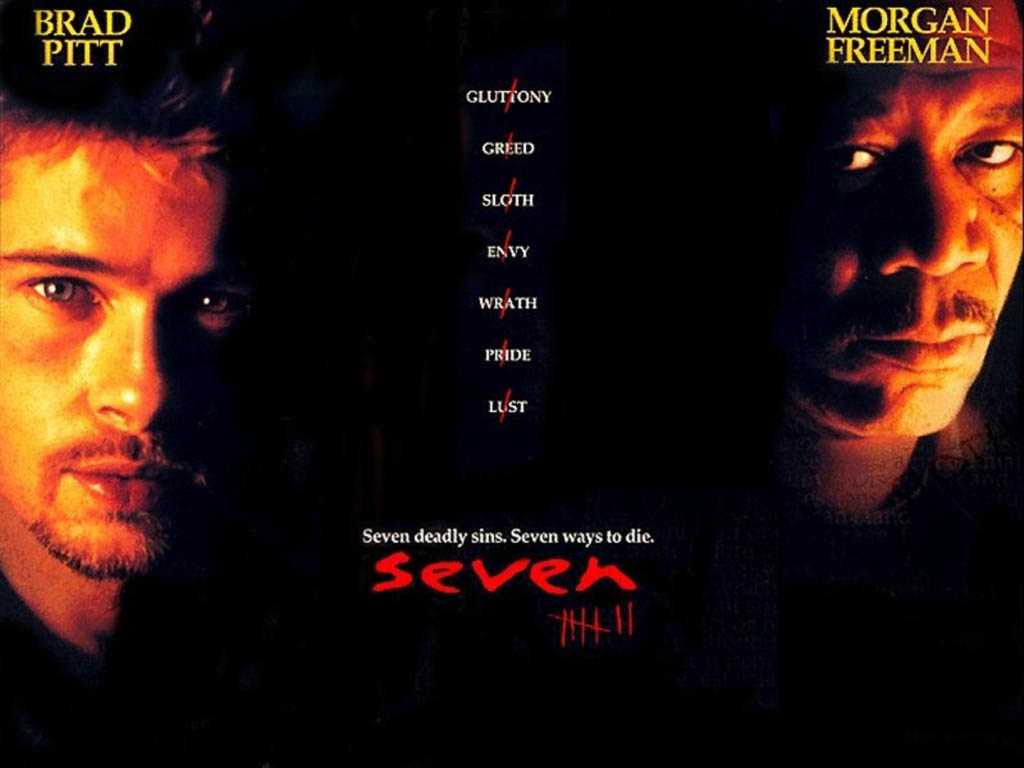Obligatory Cubilone’s Dimension birthday post. Cubilone’s Dimension turned seven yesterday. Hurray.
Obligatory musing on whether the person who started this blog counts as the same person who’s writing now. According to one of the latest VSauce episodes, the answer is no. Especially since it’s been seven years since that fateful night in Mytilini, no less, and every single atom of my body is allegedly different from its counterpart back then.
Obligatory confusion at the direction, lack of content and ideas as of late, as well as semi-long write-up on personal identity crisis that is reflected in blog, too.
Obligatory follow-up comment and notice that it’s not the lack of ideas, there’s always been plenty of those, in fact it’s the incredible soul-crushing plentitude of ideas and the inability to differentiate, my inability to resist distraction and simply devote myself, whether it be to an idea, as aforementioned, or a cause, or even people. In other words, I don’t put the work in and call it flexibility. It’s my personally most beloved and most hated characteristic. But could it be any other way? It’s all a matter of perspective, after all. Some people call me scatter-brained, some call me versatile or… an interesting person. In the most basic philosophical level at least, they’re not seeing a different qb.
Obligatory comment on how self-referential this all is. How post-modern of me.
Sometimes I want to see this place burn, the same way I’ve been having this urge lately to delete all of my photos. At the very best, remove Cubimension from the net, perhaps start over, perhaps not, tuck it away in some hard disk or USB stick next to the old MP notebooks, only for my own eyes to see and heart to recordar (to recordar, to remember in Spanish—maybe also Latin, I have no idea—is to pass through the heart again. That is what I feel happens when I truly remember, especially when *bleep*. Unless it’s a false memory, then it’s the brain’s vile work). At the very worst, simply delete all, forget all. Leave it to the Wayback Archive and the often surprisingly robust memories of friends and readers what shall remain of the past, my past, Cubilone’s past. Are we the same person anyway?
Obligatory reminder to not take myself too seriously. It’s not good for PR. Everybody’s taking themselves too seriously and I’m different, aren’t I. Or if I’m not, I know I can be. A unique voice that could, in the sea of unique voices that in unison is showing intelligence but the only signs of intelligence it’s showing is self-consciousness, while forgetting it’s a liquid, instead acting as a collection of vaguely connected assortments of molecules occupying space. That’s what gases are, aren’t they? They work kind of like liquids, but they’re, heh, farts in the wind. Remember, keep it light. Light but flammable, if possible.



